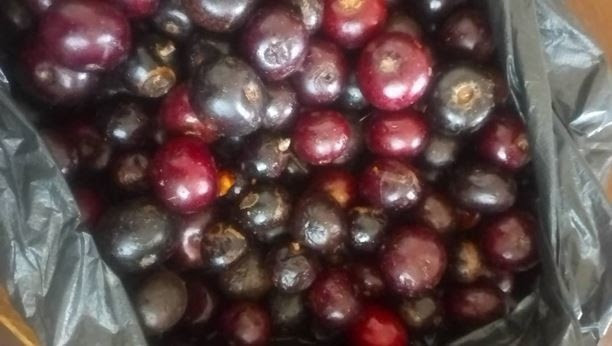A level playing field for local food and IKS is long overdue. Decolonizing food systems will enable communities to appreciate the benefits associated with indigenous food as well as participate in the production of products and services that enhance community resilience. While many African communities still understand how indigenous knowledge systems are being lost and several ways in which climate change is causing devastations, it may take a knowledge broker to organize communities so that they engage in open reflective dialogues. Such conversations can use a historical perspective where local people deeply discuss how things have gone off-track, for instance, in terms of food systems.
Helping communities to document their food systems and indigenous knowledge systems
Indigenous food and IKS still have a diverse knowledge bases that need to be broadened and deepened. However, given that local food systems and indigenous knowledge systems have suffered long-term disruptions for more than a century, building a strong framework should include helping communities to document their local food and indigenous knowledge systems not for purposes of academic excellence but for purposes of preserving IKS, protection against external shocks as well as advocating for policy support in enhancing the value of culture and identity through food systems. A strong evidence framework will make policy makers realize that loss of local food and IKS is no longer a laughing matter. When done well, the framework will foster recognition support and protection of IKS that can also be vital in restoring the use of IKS for climate change mitigation strategies.
Broadening the knowledge base of indigenous fruits and other local food systems
Indigenous fruits are a perfect example of indigenous food that is being ignored across Africa. Every African country has indigenous fruits that are not receiving policy support compared to exotic citrus. In most cases, the climate suitable for one indigenous fruit like Marula is suitable for other indigenous fruits. African researchers have not played a meaningful knowledge-building role in examining microclimates and soils in which different indigenous fruits do well. Instead, attention continue to be on climates suitable for exotic citrus fruits, most of which have been over-studied.
Since most of the knowledge on the natural growth of indigenous fruits is found in undocumented IKS, what is stopping African researchers from identifying a natural formula for the propagation of indigenous fruits? Some indigenous fruits grow naturally on mountains while others grow in the food of mountains and others along rivers. Although indigenous fruits are seasonal, there is no season without an indigenous fruit. There is an indigenous fruit throughout the year. African policymakers should understand the natural cycle of indigenous fruits. Governments should provide support to avoid the loss of this critical resource and related knowledge.
The power of baselining
A critical part of building a framework is conducting a baseline in which communities mention the kind of capacity they want enhanced around local food and IKS. Through reflective dialogue, communities can indicate specific knowledge themes which they want protected and restored including natural resources with the potential for regeneration. Conducting a baseline will avoid the mistake made by many NGOs where they go straight to communities without understanding the policy and institutional arrangements that have a bearing on what new interventions are trying to achieve. Where NGOs bypass policy and go straight to communities, they often miss critical contextual factors including external influences on projects.
Unless external influences are understood, well-intentioned interventions fail. For instance, if policy support is skewed towards Western food systems through free inputs from the government, communities will be coerced away from indigenous food. Communities that are trying to build their own resilient food systems will see their IKS being suppressed and replaced by free government inputs. In such situations, development agencies may try to promote small grains but if government is promoting wheat through several incentives, that will become a barrier to efforts aimed at promoting indigenous food systems. The same applies when the private sector provides several carrots and incentives for farmers to produce tobacco at the expense of local food systems.
Sensitiveness to different contexts
Interventions should be sensitive to different contexts. Engaging communities and asking the right questions will draw lessons from how different communities deal with IKS and climate change including how much different communities value their IKS in climate change mitigation and protecting food systems. How does culture and tradition differ in communities with little influence from external knowledge like marginalized communities? What is happening to IKS in communities along highways roads? How are irrigation schemes influencing the profile of local food systems? How far true is it that irrigation schemes are climate-friendly to the point of them being used to climate-proof agriculture and food systems? How do food systems in irrigation schemes compete with indigenous food systems?
Answering such questions will assist in creating a road map for restoring local food and indigenous knowledge systems. At community and individual levels, people may see how they are losing IKS and indigenous food systems but lack a framework for reviving their food systems without support from policy makers. In most cases when NGOs get into communities with their beneficiary models, they do not take a comparative approach to examine their interventions against what communities are already doing for themselves. Interventions should not be too straight-jacket as if communities are not doing anything at all. A strong framework will also hold politicians like members of parliament accountable for driving the restoration of local food and IKS than leaving such critical duties to NGOs.






